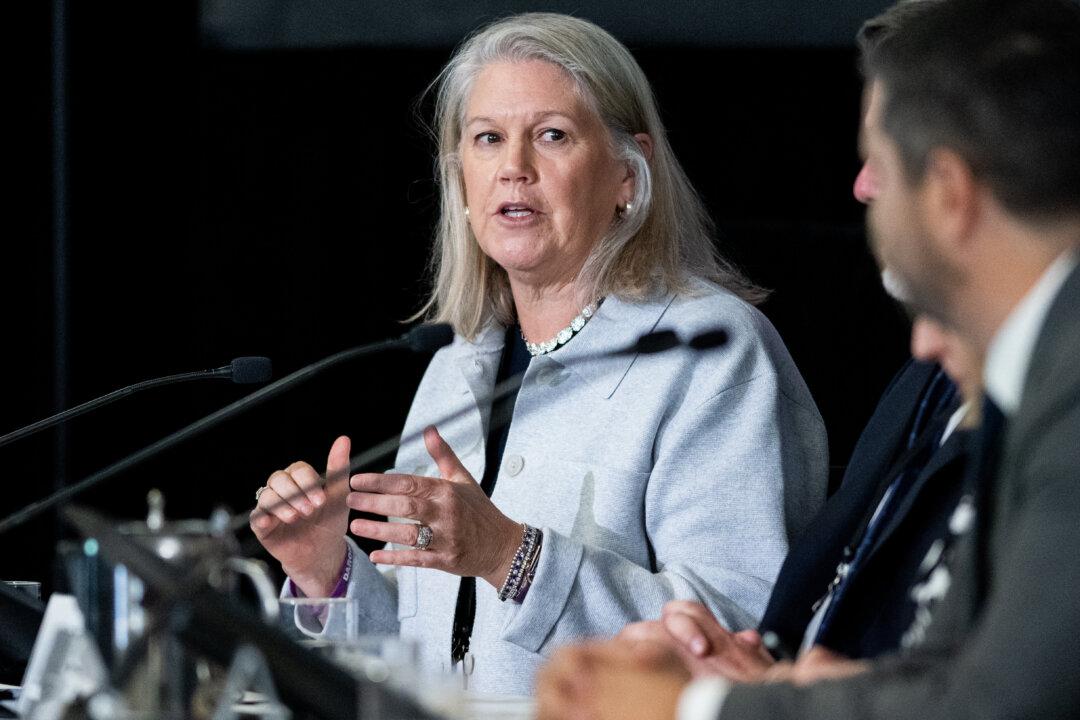The prime minister’s former top security adviser says drug cartel activity in Canada has increased and must be addressed before it goes out of hand.
“I would say that 10, 15, 20 years ago, we would not have used the word ‘cartel’ with regard to activity in Canada, but it’s very prevalent now,” Jody Thomas told Mercedes Stephenson of Global News in an interview that aired Feb. 23.





